
Managing Acute Hyperinsulinemia-Associated Laminitis in Horses
Reacting quickly and correctly to an episode of HAL will give your horse a greater chance for future soundness.

Reacting quickly and correctly to an episode of HAL will give your horse a greater chance for future soundness.

When managing laminitic horses, making dietary changes is often necessary for the success of other treatment efforts.

Learn why horses with ID might be more likely to develop other conditions such as laminitis and what you and your vet can do to prevent and treat them.

Learn why some horses are more likely to develop EMS and associated laminitis and how to tell if your horse is at risk.
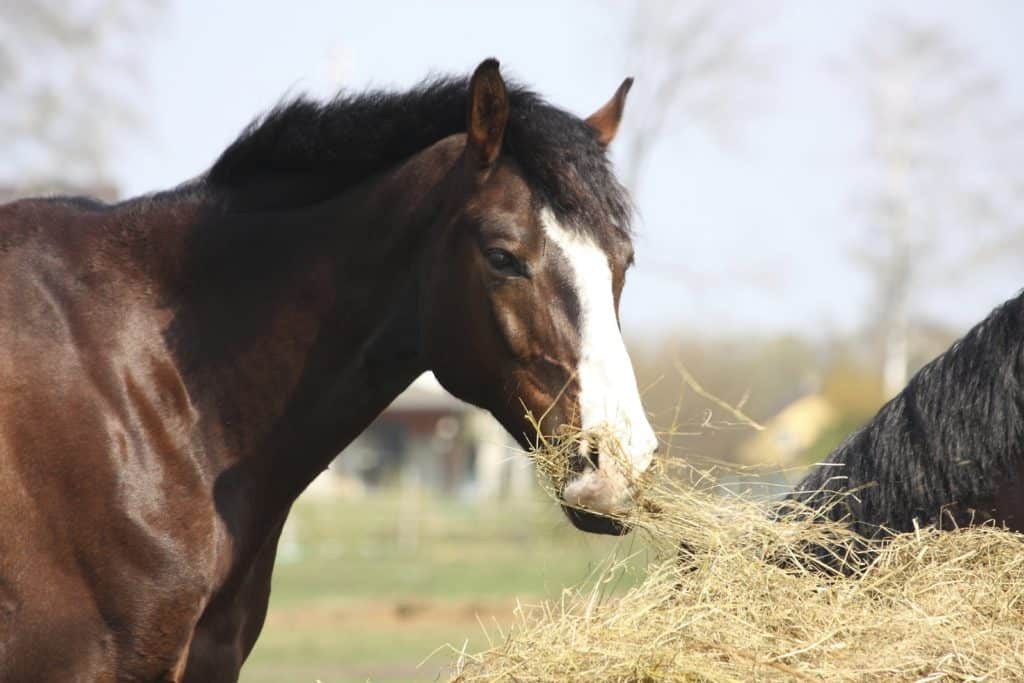
Our equine nutrition expert offers a reader advice on how to feed a thin horse with a history of laminitis without causing another bout of the disease.

Learn how to help your horse shed his excess pounds safely.
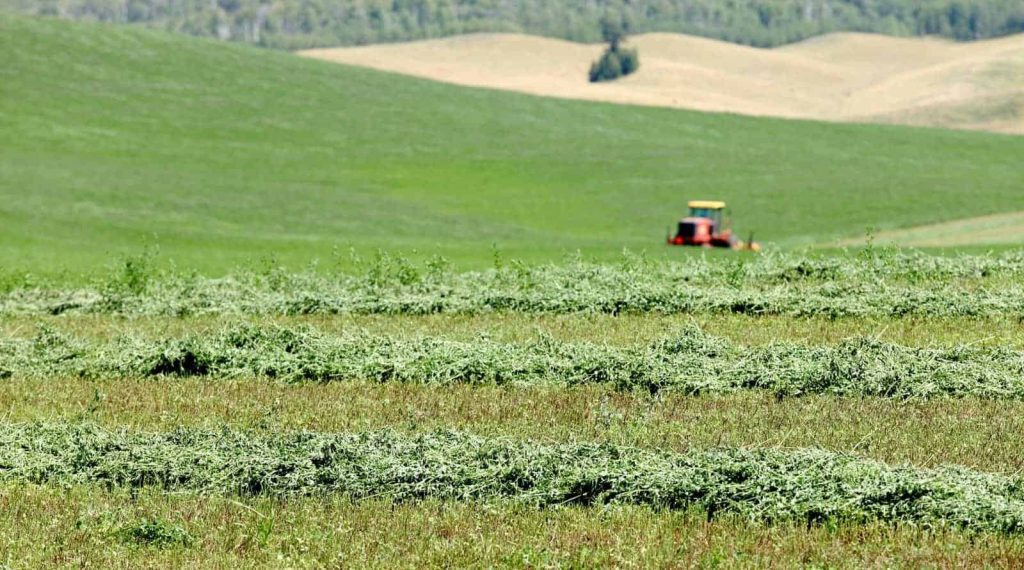
Learn how to choose the right type of forage for horses with metabolic problems.
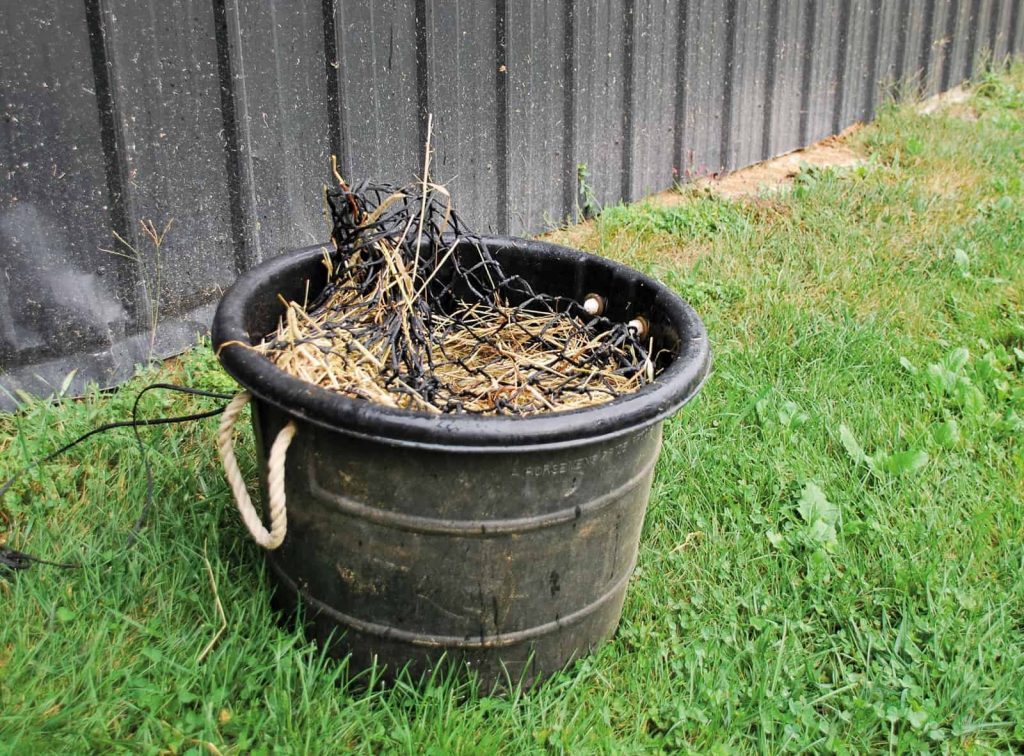
Soaking hay for horses with PPID or insulin dysregulation can reduce the WSC and ESC values, making it safer for these horses to consume.
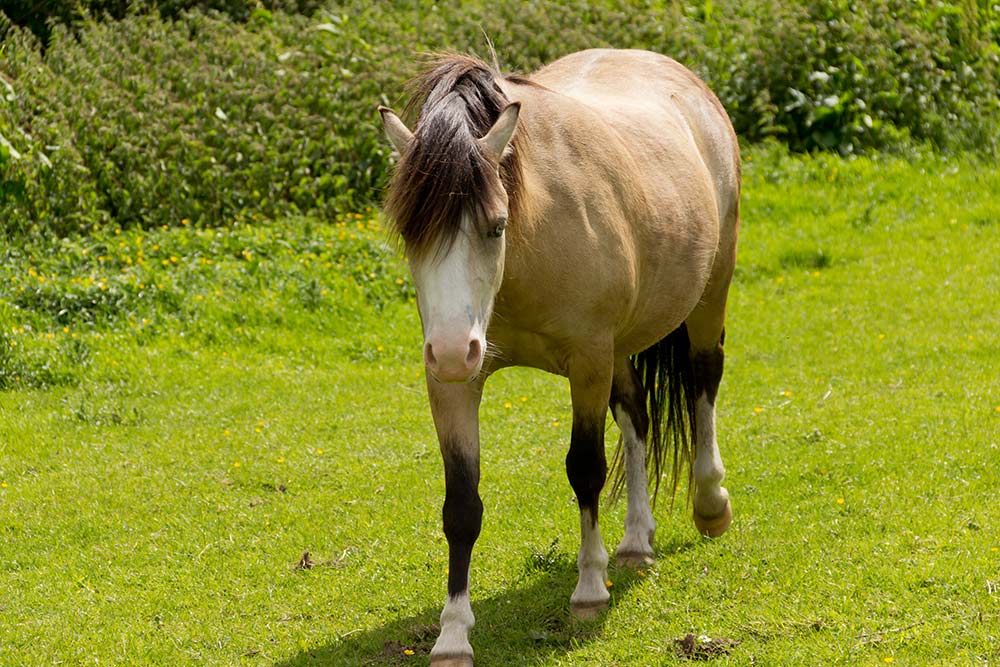
Dr. Susan White describes options for treating laminitis-prone EMS horses that also suffer from allergies.
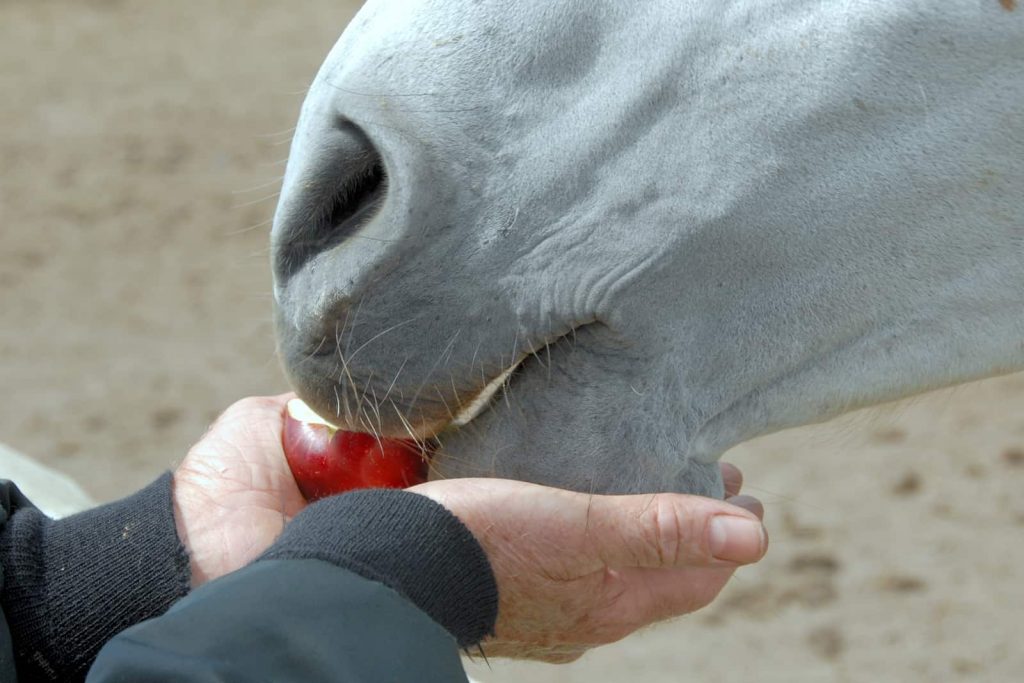
Horses with insulin dysregulation can experience increased sugar absorption in the intestines, which could cause changes in blood glucose levels.

Learn how horses go from metabolic to laminitic and ways to manage them.

All horses and ponies have a different threshold for NSCs, but researchers are beginning to better understand how to feed horses with ID and EMS.

Researchers say these drugs hold great promise for managing horses with EMS when used appropriately.
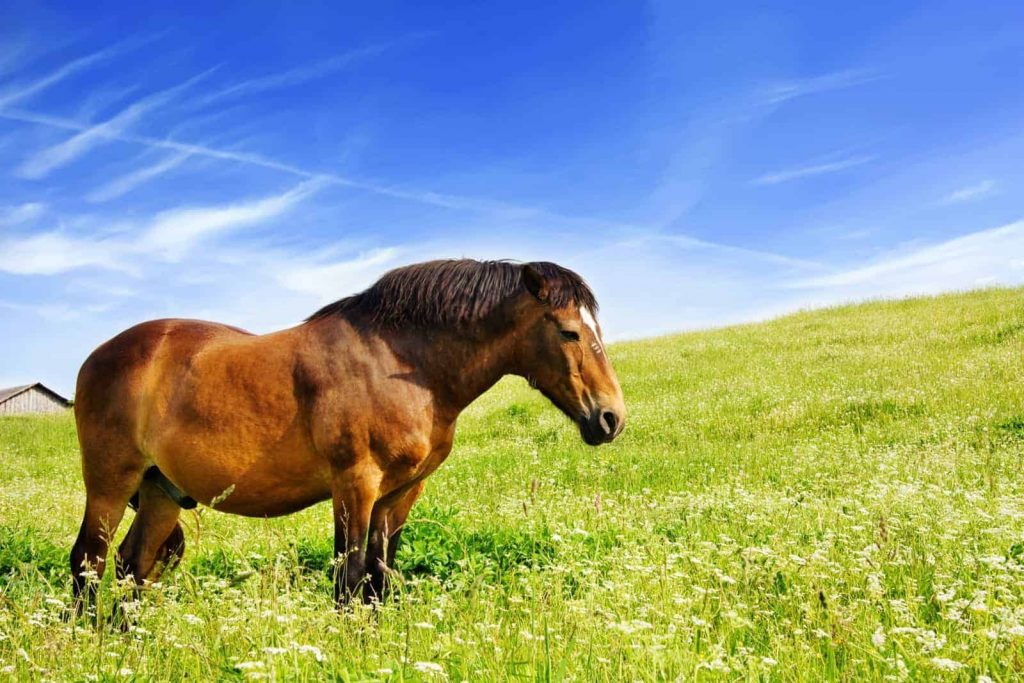
Caring for easy-keeping horses can be challenging. Learn how to manage your easy keeper safely and effectively.

How should a senior horse with equine Cushing’s disease and equine metabolic syndrome be vaccinated?

Does alfalfa cause kidney or respiratory problems or make horses hyper? Specialists shed light on these myths and more.
Stay on top of the most recent Horse Health news with
Notifications